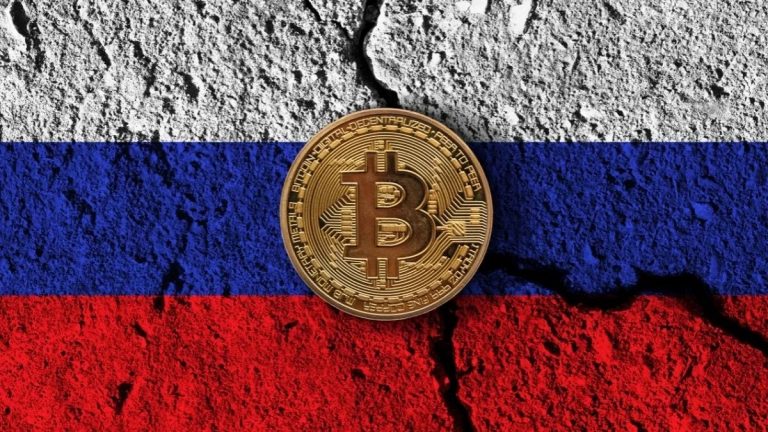
In a strategic pivot, Russia is set to commence the use of cryptocurrencies for international transactions starting September 1st. This move represents a significant shift in the country’s financial strategy, especially in light of the economic sanctions imposed by Western countries. The adoption of digital currencies for cross-border payments is seen as an effort to circumvent these sanctions and facilitate smoother financial exchanges on the global stage.
Cryptocurrency has emerged as a revolutionary force in the financial world, offering a new paradigm for conducting transactions across borders. Its decentralized nature, speed, and cost-effectiveness have made it an attractive option for international trade. However, with these benefits come significant risks that must be carefully considered.
Background of Russia’s Economic Sanctions
The sanctions, which have targeted Russia’s access to traditional payment systems, have necessitated the exploration of alternative transaction methods. Previously, Russia had been largely cut off from the SWIFT international payment system, which significantly hampered its ability to engage in global trade. The sanctions were a response to the geopolitical tensions and conflicts involving Russia, and they aimed to isolate the country economically.
Register for Tekedia Mini-MBA edition 19 (Feb 9 – May 2, 2026): big discounts for early bird.
Tekedia AI in Business Masterclass opens registrations.
Join Tekedia Capital Syndicate and co-invest in great global startups.
Register for Tekedia AI Lab: From Technical Design to Deployment (next edition begins Jan 24 2026).
The Shift to Cryptocurrency
In response to these challenges, Russian authorities have turned their attention to cryptocurrencies. The legal groundwork for this shift was laid on August 8th, when President Vladimir Putin signed legislation that legalized the experimental use of cryptocurrencies for international payments and Forex transactions.
This legislation marks a departure from Russia’s earlier stance on digital currencies. Before the conflict in Ukraine in 2022, the Central Bank of Russia had advocated for a total ban on cryptocurrencies. However, the landscape has changed, and now, cryptocurrencies are being embraced as a viable solution for international trade.
Stablecoins, which are digital currencies pegged to traditional fiat currencies, are expected to play a crucial role in these international transactions. The Central Bank of Russia is overseeing the process and is also continuing trials for the digital ruble, which began in August 2023. The digital ruble is part of Russia’s broader plan to integrate cryptocurrencies into its system for international trade, particularly with China, its largest trading partner.
The success of Russia’s cryptocurrency initiative may heavily rely on support from the BRICS nations (Brazil, Russia, India, China, and South Africa). Some of these countries have indicated that they are working on the matter, although their full commitment remains to be seen. The collaboration among these nations could potentially create a new dynamic in international trade, one that is less dependent on traditional Western financial systems.
Despite the potential benefits, there are several challenges that Russia may face in implementing cryptocurrencies for international trade. These include the volatility of cryptocurrency values, technical complexities, and restrictions on cryptocurrency use in certain countries. Moreover, the security measures for these transactions are still a subject of discussion and development.
Russia’s decision to use cryptocurrencies for international transactions is a testament to the evolving nature of global finance. It reflects a world where digital currencies are becoming increasingly mainstream, offering new avenues for countries to engage in trade and commerce. As September 1st approaches, the international community will be watching closely to see how this experiment unfolds and what implications it will have for the future of economic sanctions and cryptocurrency’s role in global trade.



